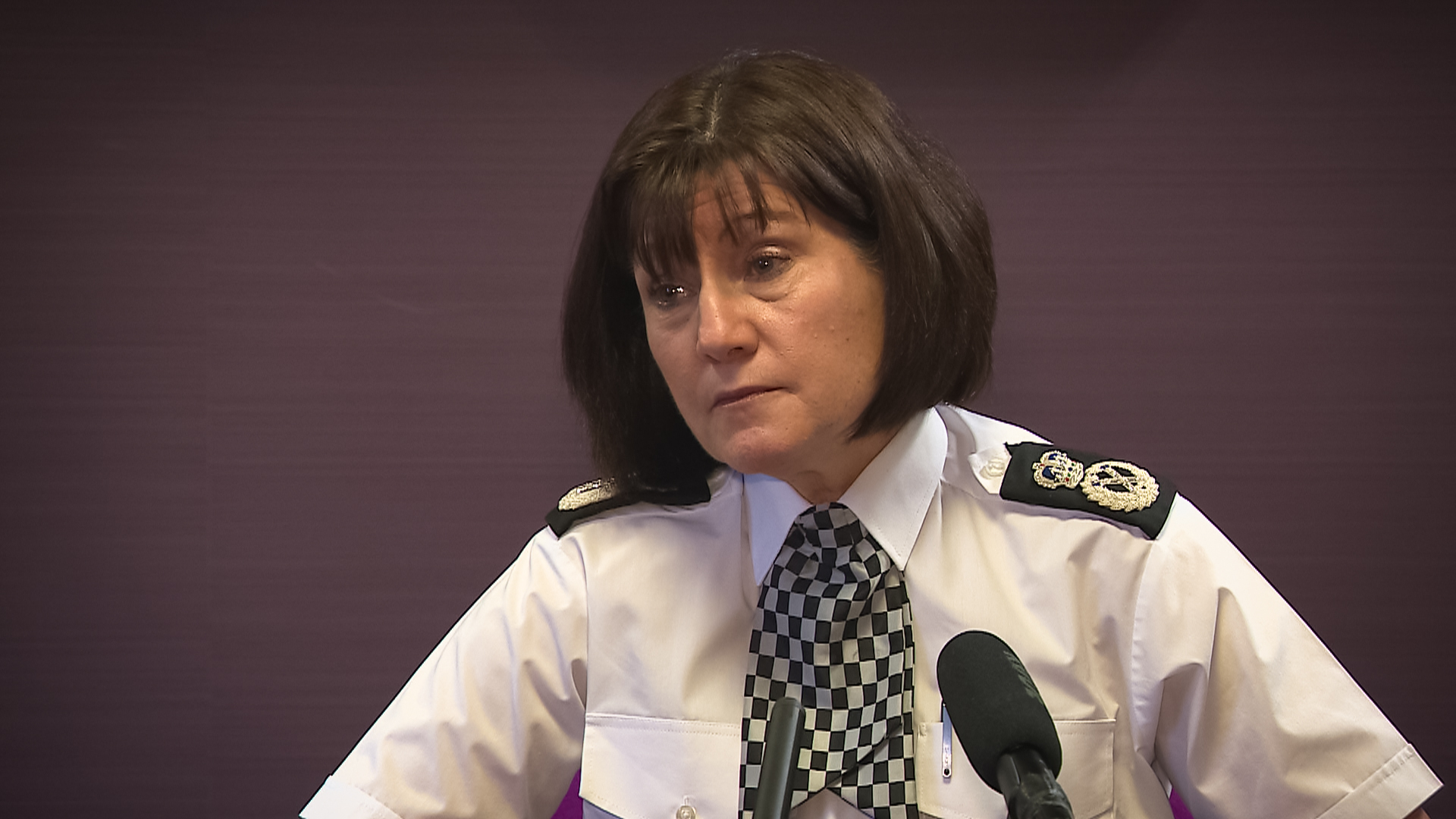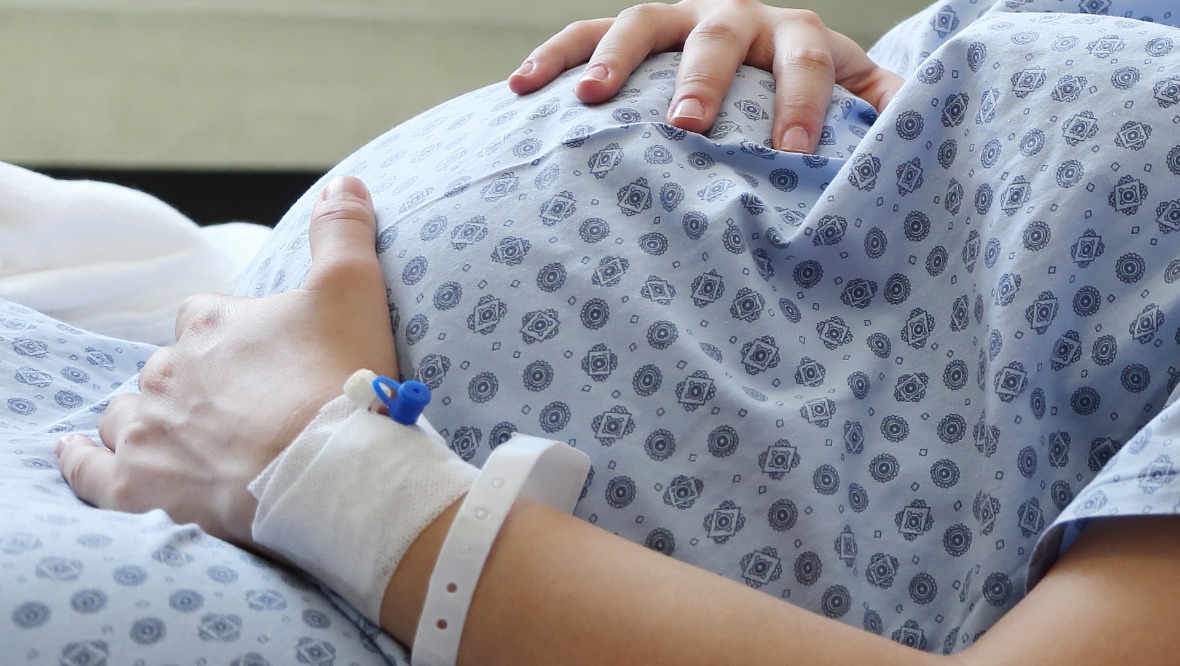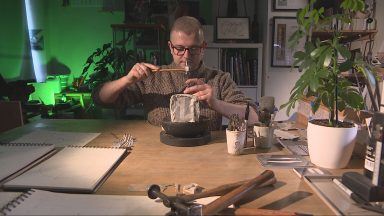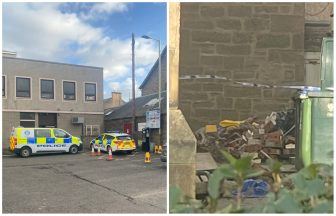A letter signed by 29 campaign groups has urged Police Scotland to reject “misogynistic” guidelines that would allow officers to search grieving women for abortion drugs.
Women’s rights groups, abortion care providers, healthcare bodies, human rights organisations, and trade unions have signed a letter that condemns the UK National Police Chiefs’ Council (NPCC) new guidance on child death investigation.
The new guidance allows police to investigate any pregnancy loss, and advises officers to search for “drugs that can terminate pregnancy” in cases involving stillbirths.
This includes allowing searches of mothers’ mobile phones if a baby dies unexpectedly in the womb, as well as accessing medical records without a court order.
It comes after legislation that would see abortion decriminalised for women terminating their own pregnancies in England and Wales cleared the Commons.
MPs voted 312 to 95, majority 217 to approve the Crime and Policing Bill at third reading on Wednesday.
With the child death investigation legislation currently only regarding England and Wales, a group of 29 leading civil society and health organisations has written to Chief Constable Jo Farrell, calling on Police Scotland to publicly reject the controversial guidelines.
 STV News
STV NewsAnti-sexist organisation Engender, which coordinated the letter, calls on the force not to follow the “deeply intrusive investigations” and instead “bring the law into the 21st century”.
Catherine Murphy, executive director, said: “Women now find themselves in the perilous situation where the laws governing abortion in Scotland have not kept up with advancements like abortion medicines and reproductive tracking apps.
“Police Scotland, the Crown Office and Scottish Parliament need to act urgently to end the scope for prosecutions and bring the law into the 21st century.”
The letter also warns that marginalised communities – including those in poverty, women of colour, disabled women, migrants, young women, LBT+ people, and those in rural areas – would be disproportionately impacted by such investigations.
It also reveals that data published last year found that police in Scotland have pursued several abortion related cases in the previous two decades.
“Police Scotland has a choice,” said Jill Wood, Policy Manager at Engender. “They can follow the lead of health experts and human rights bodies, or they can adopt guidance that will cause demonstrable harm to women in Scotland. We urge them to choose compassion over criminalisation.”
Dr Ranee Thakar, president of the Royal College of Obstetricians and Gynaecologists, said any investigations are “not in the public’s best interest”.
She said: “We are very alarmed by the increasing number of women being prosecuted for ending their own pregnancy, including women who have experienced the tragedy of an unexplained pregnancy loss being criminally investigated.
“This is not in the public’s best interest.
“The new National Police Chiefs’ Council guidance is truly shocking to read. Women in these circumstances have a right to compassionate care and to have their dignity and privacy respected, not to have their homes, phones, computers and health apps searched, or be arrested and interrogated.
“Parliamentarians now have an unmissable opportunity to decriminalise abortion, to ensure women can access abortion safely, confidentially and free from the threat of investigation and prosecution.”
Abortion Rights vice chair Judith Orr said: “It is truly horrifying that women who have suffered the trauma of pregnancy loss are being treated like criminals, with no regard for their right to privacy over their reproductive health. These invasive police actions are being justified by legislation from 1861 – a time when women had no legal autonomy, let alone the right to vote.
- Signatories to the letter include Engender, Abortion Rights Scotland, Young Women’s Movement, Back Off Scotland, Humanist Society Scotland, Close the Gap, Scottish Women’s Convention, Scottish Women’s Budget Group, Zero Tolerance, Rape Crisis Scotland, Scottish Abortion Care Providers Network, Faculty for Sexual and Reproductive Healthcare Scotland, Amnesty International UK, Scottish Women’s Aid, Royal College of Midwives, STUC, Royal College of Obstetricians and Gynaecologists, Equality Network, Scottish Trans, Equate Scotland, Human Rights Consortium Scotland, British Pregnancy Advisory Service, Women’s Enterprise Scotland, Liberty, Coalition for Racial Equality and Rights, Amma Birth Companions, NUS Scotland, Health and Social Care Alliance Scotland (the ALLIANCE), Inclusion Scotland.
A Police Scotland spokesperson said: “We have received correspondence and a reply will be provided in due course.”
Follow STV News on WhatsApp
Scan the QR code on your mobile device for all the latest news from around the country


 iStock
iStock
























